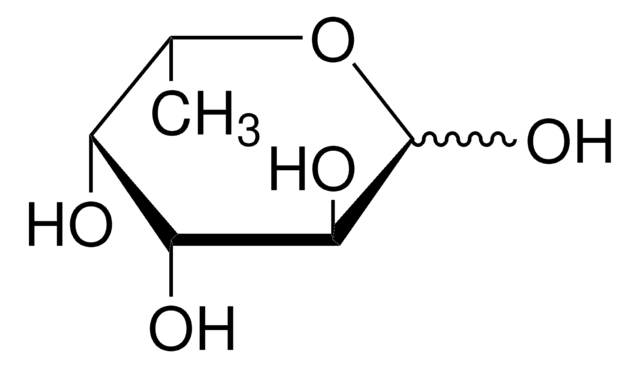PHG0008
MES sodium salt
Pharma Manufacturing
Synonym(s):
2-(N-Morpholino)ethanesulfonic acid sodium salt, 4-Morpholineethanesulfonic acid sodium salt
About This Item
Recommended Products
biological source
synthetic
Quality Level
form
powder
technique(s)
cell culture | mammalian: suitable
impurities
Endotoxin and microbial; tested
useful pH range
5.5-6.7
pKa
6.1
suitability
suitable for manufacturing use
foreign activity
Cytotoxicity, DNase, NICKase, RNase, and Protease; tested
SMILES string
[Na+].[O-]S(=O)(=O)CCN1CCOCC1
InChI
1S/C6H13NO4S.Na/c8-12(9,10)6-3-7-1-4-11-5-2-7;/h1-6H2,(H,8,9,10);/q;+1/p-1
InChI key
IRHWMYKYLWNHTL-UHFFFAOYSA-M
Looking for similar products? Visit Product Comparison Guide
General description
M-Clarity Program
Buffer quality is vital for the success of biopharmaceutical processes, because buffers are indispensable in nearly every production step.
Our broad portfolio of buffer materials manufactured under appropriate controls is tailored to your needs. Ranging from non-GMP grades for low-risk application, to IPEC-PQG GMP for higher-risk applications, we have products covering all your manufacturing needs.
Application
MES Sodium is used in cell culture media, biopharmaceutical buffer formulations (both upstream and downstream) and diagnostic reagents. MES based buffers are used in purification bioprocesses of antibodies, peptides, proteins and blood components.
Legal Information
replaced by
Storage Class
11 - Combustible Solids
wgk_germany
WGK 1
flash_point_f
Not applicable
flash_point_c
Not applicable
Choose from one of the most recent versions:
Certificates of Analysis (COA)
Don't see the Right Version?
If you require a particular version, you can look up a specific certificate by the Lot or Batch number.
Already Own This Product?
Find documentation for the products that you have recently purchased in the Document Library.
Customers Also Viewed
Our team of scientists has experience in all areas of research including Life Science, Material Science, Chemical Synthesis, Chromatography, Analytical and many others.
Contact Technical Service











